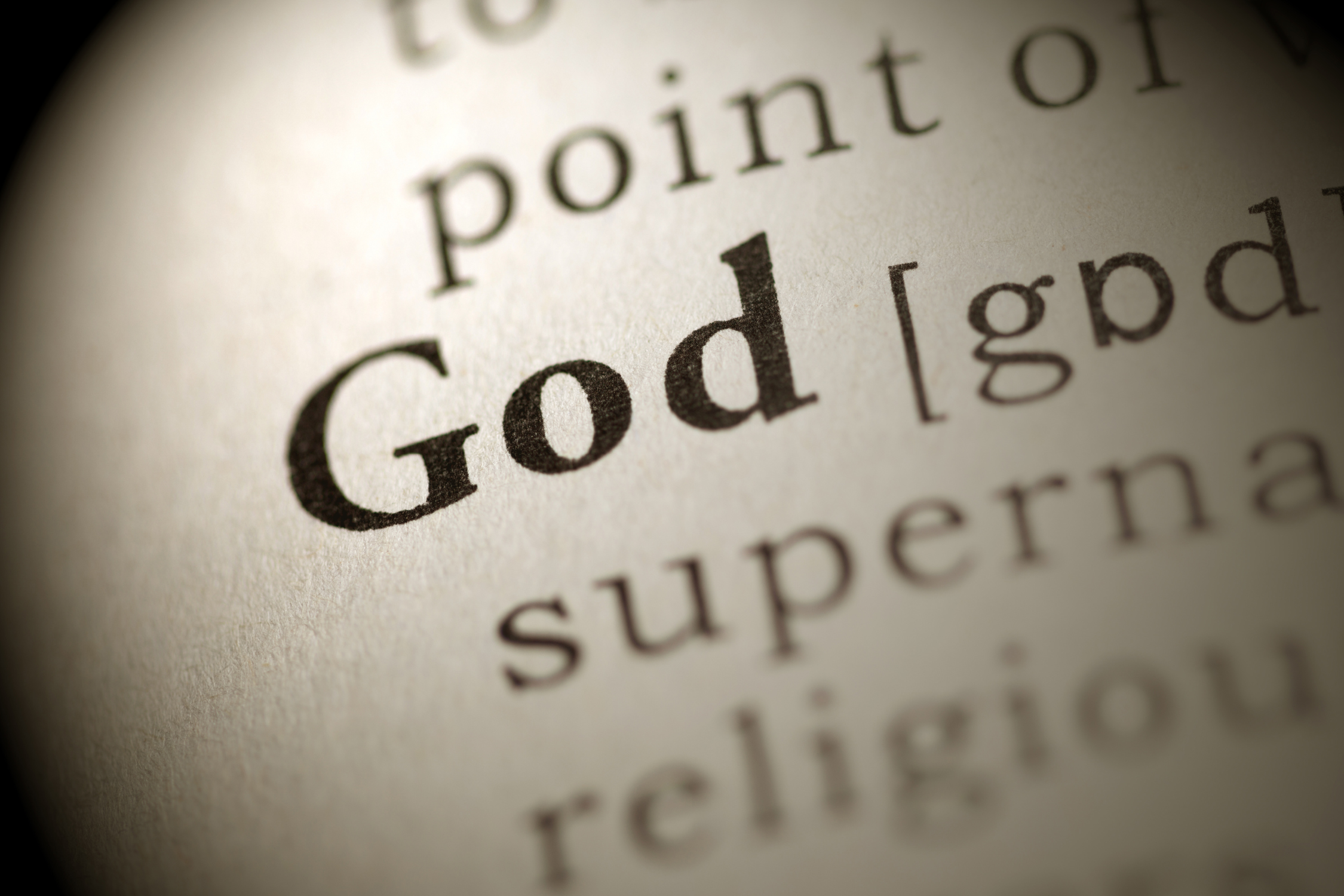News
Language for God
November 21, 2024

Resolved: 8. To call upon the Conference of Bishops, synods, and the churchwide organization to use gender-inclusive and expansive language for God, and to direct the ELCA worship team
a) to use such language whenever it commissions, curates, or develops new liturgical and related educational resources,
b) to supplement existing resources toward that end, and
c) to explore the development of an inclusive language lectionary similar to the Psalter in Evangelical Lutheran Worship
Faith, Sexism, and Justice: A Call to Action
© 2019 Evangelical Lutheran Church in America, p. 82
Beloved in Christ,
I spent the summer of 2000 at St. Luke’s Regional Medical Center in Sioux City, completing the required unit of Clinical Pastoral Education for my M.Div program. I was one of the fortunate folks who genuinely enjoyed most of my CPE experience; our group of 5 were a diverse mix of folks led by a wonderfully kind and experienced supervisor. One of my classmates was Mary Lou Aune, who some of you may remember from her years of service at Immanuel Lutheran Church in the Benson neighborhood of Omaha and leadership in youth ministry in the Nebraska Synod.
There was one undercurrent of friction throughout the early parts of that summer, however. Each weekend, one of us would be on call at the hospital, and during that time we were each responsible for a chapel service on Sunday morning, complete with a sermon. On Mondays, the group would gather to watch the recording of the service and offer feedback, particularly on the sermon. The Monday after my first chapel sermon, Mary Lou said, “Scott, have you ever noticed that you refer to God with almost exclusively male pronouns?” To that point, I hadn’t, and I wasn’t sure what to make of Mary Lou’s critique. She and another classmate continued to provide gentle and consistent feedback about our language for God for the rest of the summer. At first, I wasn’t buying it, but over time I came to hear what they were saying, and to agree with them: how we speak about God influences and affects what we say about God.
I was reminded of this earlier this year when we gathered in Sioux Falls for a conference with women in ministry from synods along the Missouri River. Over 20 years after that helpful feedback from Mary Lou, the conversation about our images of God and how they impact us is still going on, and that conversation matters. In 2019, the ELCA, in Churchwide Assembly, resolved that we would pay attention to our language and seek opportunities to use gender-inclusive and expansive language for God, so that narrow pictures of who God is could be made wider, more generous, with room for God to be more than what our historically limited language requirements allowed when the Bible was first being written down.
We’re coming up on a new liturgical year next week, and in the spirit of a “new year” I invite you to carry the resolution printed above from Faith, Sexism, and Justice: A Call to Action into your own work as a worship leader in the Nebraska Synod. Our words matter, and when it comes to how we speak about God, we can craft words of welcome for all of God’s beloved children, every last one of whom was made in God’s abundant, life-giving, expansive image.
With joy and gratitude,
Bishop Scott Alan Johnson